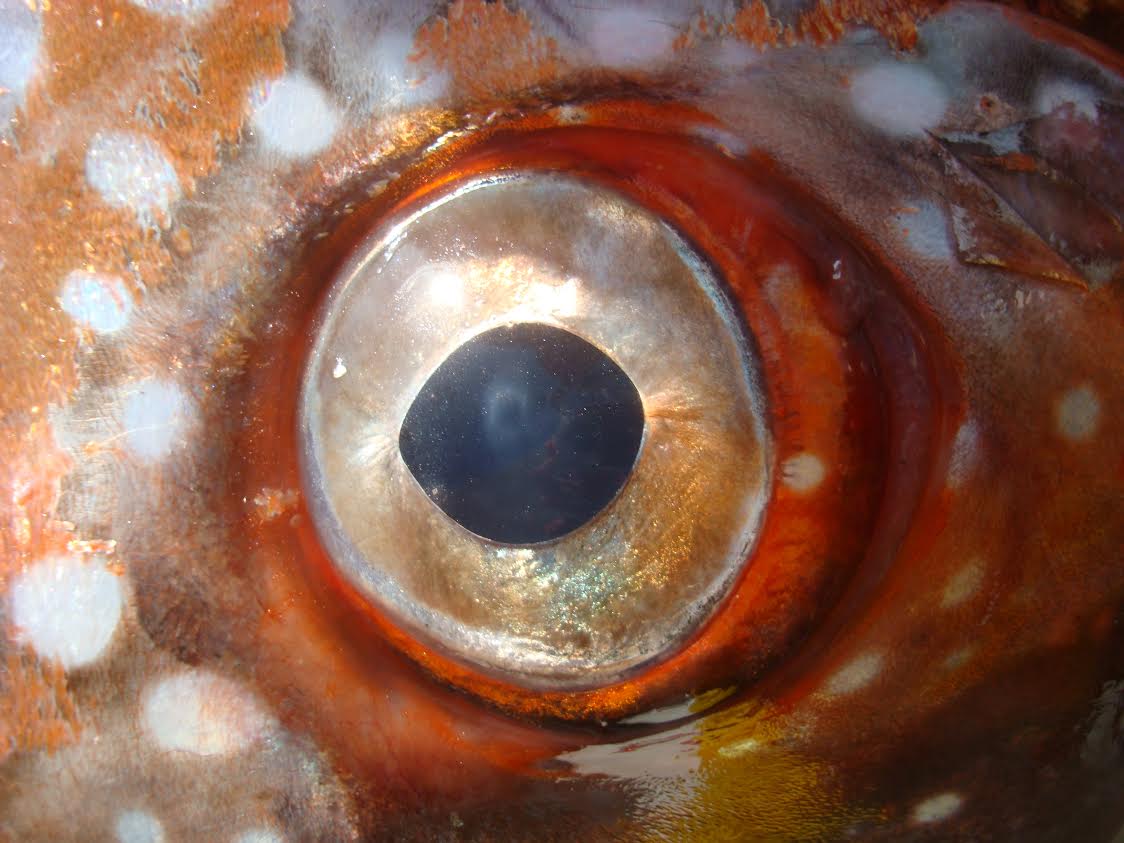Articles
Blair River was described as “a big guy with a big heart.” The 575-pound former high school wrestler from Mesa, Ariz., became such a fixture at the Heart Attack Grill that he was recruited to be the restaurant’s official spokesperson. His satirical ads made him a minor celebrity in central Arizona. He died in 2011 at age 29 — not because of his heart but from complications of influenza. It was not entirely surprising: Many reports have observed that heavier patients appear more likely to come down with infections during a hospital stay, acquire weaker protection from vaccinations and, as with River, suffer more complications from the flu. Weight alone may not be the entire explanation. A tantalizing line of evidence suggests that unhealthful foods — fatty, salty, sugary, processed foods — may disrupt the body’s defenses in a way that promotes inflammation, infection, autoimmune diseases and even illnesses like cancer.
Read More
Seven days, lots of science in the news. And many of this week’s most notable and quotable items tie directly to our 2015 festival programs. So we’re linking the two because, well, that’s how we roll in this universe. Scientists have discovered stone tools older than the oldest known humans. [Related: Origin Stories: The History of Us, 5/30] A neural implant allowed a quadriplegic man to lift a beer to his lips and take a drink on his own. [Related: Cheers to Science: Something Old, Something Brewed, 5/28] A cosmologist made a statistical argument that aliens will be the size of bears. [Related: Wizard of Odds, 5/30] A species of octopus can sense light with its skin—without input from its eyes or brain. [Related: The Great Fish Count, 5/30] Top 10 lists live on, at least in the science world. A “chicken from hell” and a cartwheeling spider are two of this year’s Top 10 New Species. [Related: Genetic Engineer’s Apprentice, 5/30] The Large Hadron Collider broke the record for proton smashing. [Related: To Infinity and Beyond: The Accelerating Universe, 5/28] A new study has linked depression to an increased risk for Parkinson’s disease. [Related: Electric Medicine and the Brain, 5/28] The Advanced Laser Interferometer …
Read More
Future Mars colonists will have a lot of problems to surmount: growing sustainable food, maintaining a steady supply of oxygen, and of course, staving off space cabin fever. But there’s another pressing problem that will affect them before they even land on the Martian surface: space radiation. It’s generally accepted that a long space flight is going to involve some radiation exposure, but just how damaging that radiation would be has been something of a mystery.
Read More
Seven days, lots of science in the news. And many of this week’s most notable and quotable items tie directly to our 2015 festival programs. So we’re linking the two because, well, we’re on the cutting edge of science. Scientists have identified the first warm-blooded fish. [Related: The Great Fish Count, 5/30] According to new analysis, most galaxies are strangled to death, as the their fuel supply of hydrogen and helium is slowly choked off. [Related: Astronomer’s Apprentice, 5/30] Scientists have managed to reverse engineer chicken beaks into dinosaur-like snouts, which could lead to reversing the evolution of birds. [Related: Planet of the Humans, 5/29] Scientists examined over 300 animal mummies at British museums and found that about a third of them had no body inside. [Related: Museum Scientist’s Apprentice, 5/30] New underwater robots are able to plan their own missions without human support. [Related: Roboticist’s Apprentice, 5/30] New research indicates that sea levels have risen faster over the last 20 years. Earlier findings had suggested the rate of increase was slowing. [Related: Scientific Sails: Under the Sun, 5/30] Robot pets could soon replace Fido and Fluffy, according to an animal welfare researcher. [Related: Dog Behaviorist’s Apprentice, 5/30] IBM CEO Ginni Rometty predicted that “in …
Read MoreWould you run a mild electric current through your head to score better on a chemistry final, or to grind a bit more effectively through Call of Duty? Many folks already are. Preliminary research on the effects of transcranial direct current stimulation, or tDCS, has spurred a host of scientists—and amateurs—to explore the possibility of improving cognitive function, increasing reaction times, and even treating mental illnesses through carefully applied electrodes.
Read MoreA career in science is hard enough, but stacking motherhood on top of that takes it to another dimension. This Mother’s Day, we’re thinking about all the great moms who are also great scientists, starting with the woman and outstanding scientist who led the way.
Read More












